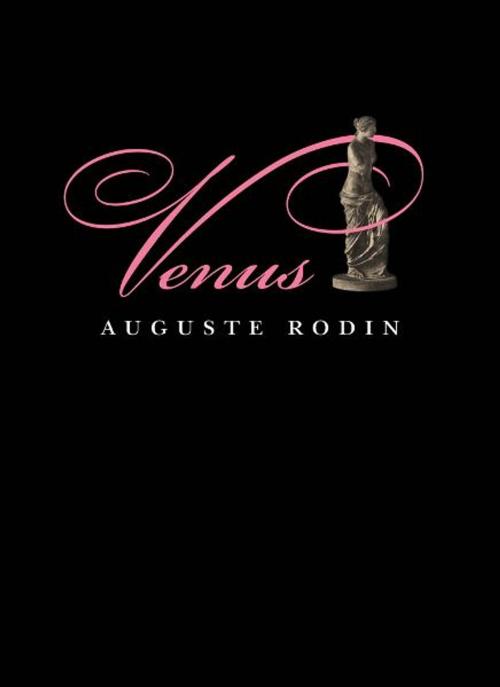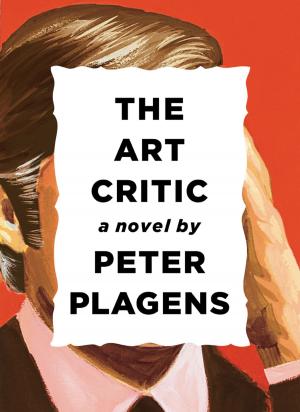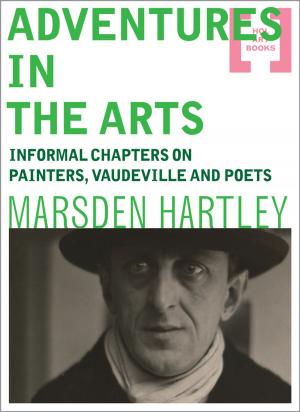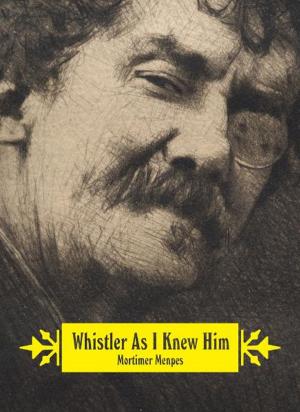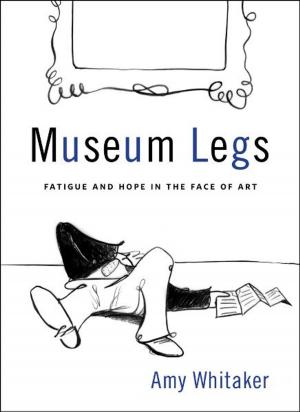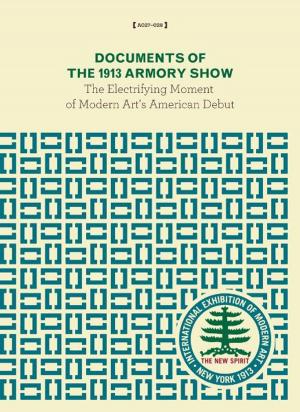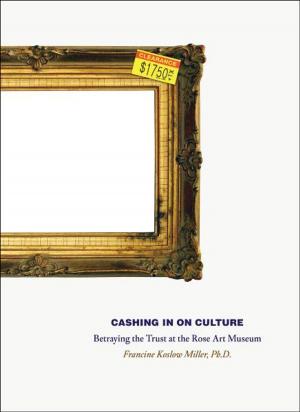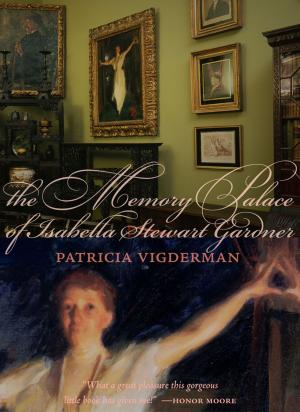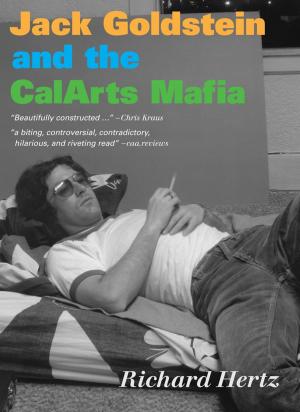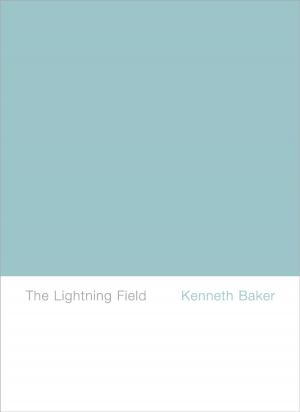Venus
Nonfiction, Home & Garden, Crafts & Hobbies, Art Technique, Sculpture, Art & Architecture, General Art| Author: | Rodin Auguste, Dorothy Dudley, Tina A. Kover | ISBN: | 9780982325797 |
| Publisher: | Hol Art Books | Publication: | September 13, 2009 |
| Imprint: | Language: | English |
| Author: | Rodin Auguste, Dorothy Dudley, Tina A. Kover |
| ISBN: | 9780982325797 |
| Publisher: | Hol Art Books |
| Publication: | September 13, 2009 |
| Imprint: | |
| Language: | English |
Venus is the renowned sculptor, Auguste Rodin's brief, uniquely passionate ode to one of his medium's great masterpieces, the Venus de Milo, now in the Louvre Museum in Paris. As poet Ranier Maria Rilke spoke of Rodin's vision: "The galleries of the Louvre revealed to the young artist radiant visions of the antique world; visions of southern skies, and of the sea, and far beyond rose heavy stone monuments, reaching over from immemorial civilizations into times not yet existent." First published in 1912, this edition of Venus features the work's original English translation by Dorothy Dudley, and for the first time, Tina Kover's new translation of Rodin's lesser-known text, The Dance of Shiva. Written in 1913, The Dance of Shiva considers a bronze statue of the Hindu god through a carefully-crafted set of written impressions. Though looser in form than Venus, this short work lacks none of the unique passion and melodrama of Rodin's written voice: "What endowment; what pride of body! Today it is perpetual beauty in bronze. The imperceptible movement of the light. One can sense the immobile muscles, bathed in luminescence, ready to erupt into action ..."
Venus is the renowned sculptor, Auguste Rodin's brief, uniquely passionate ode to one of his medium's great masterpieces, the Venus de Milo, now in the Louvre Museum in Paris. As poet Ranier Maria Rilke spoke of Rodin's vision: "The galleries of the Louvre revealed to the young artist radiant visions of the antique world; visions of southern skies, and of the sea, and far beyond rose heavy stone monuments, reaching over from immemorial civilizations into times not yet existent." First published in 1912, this edition of Venus features the work's original English translation by Dorothy Dudley, and for the first time, Tina Kover's new translation of Rodin's lesser-known text, The Dance of Shiva. Written in 1913, The Dance of Shiva considers a bronze statue of the Hindu god through a carefully-crafted set of written impressions. Though looser in form than Venus, this short work lacks none of the unique passion and melodrama of Rodin's written voice: "What endowment; what pride of body! Today it is perpetual beauty in bronze. The imperceptible movement of the light. One can sense the immobile muscles, bathed in luminescence, ready to erupt into action ..."
